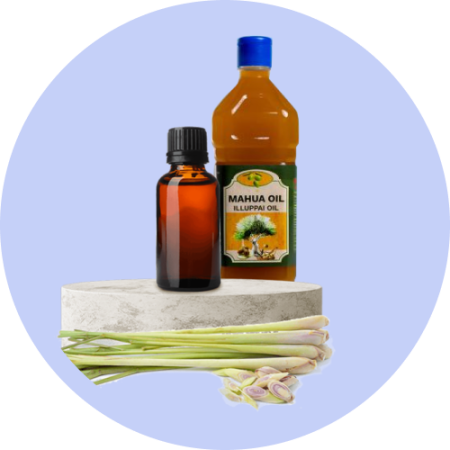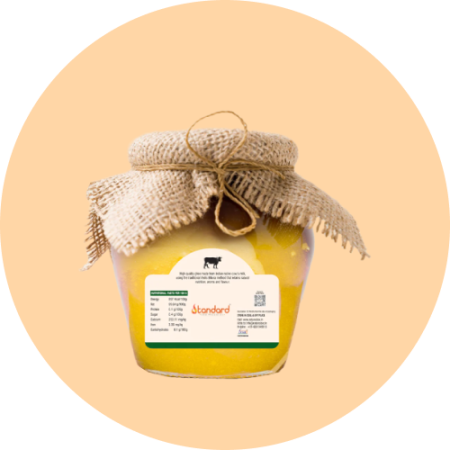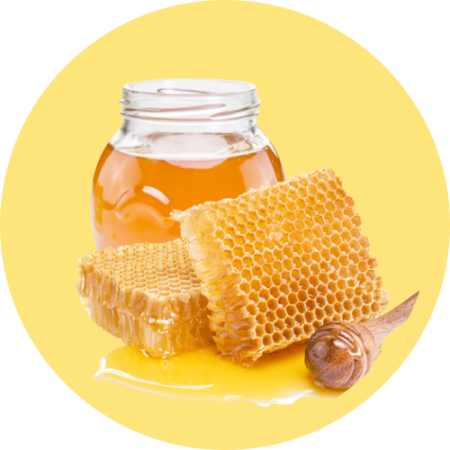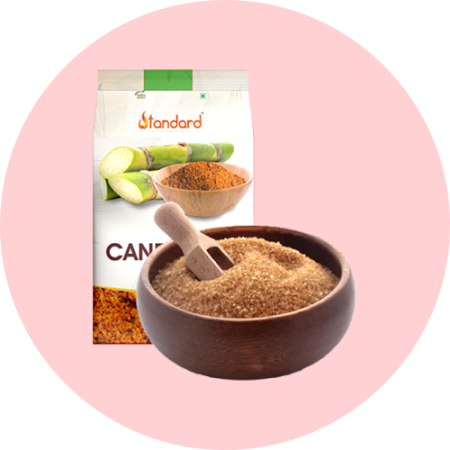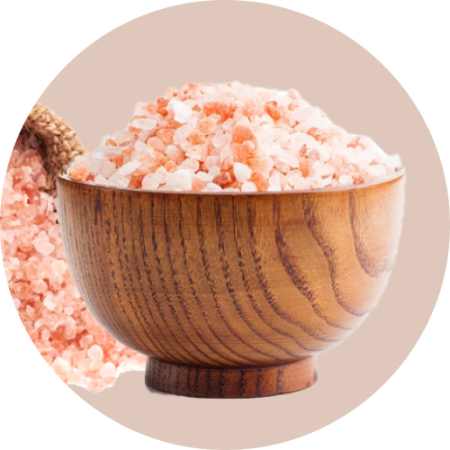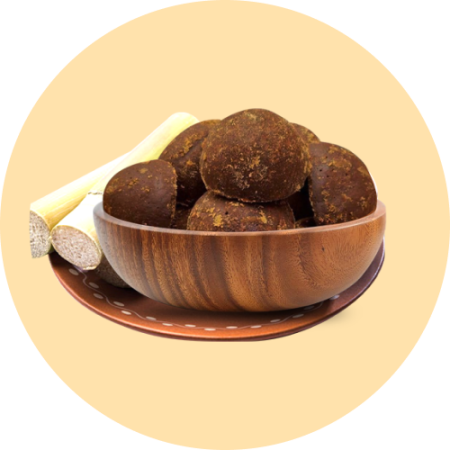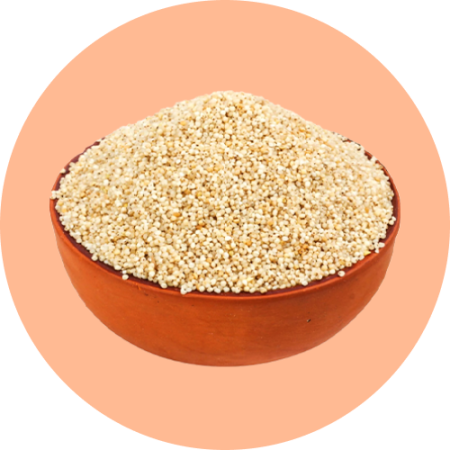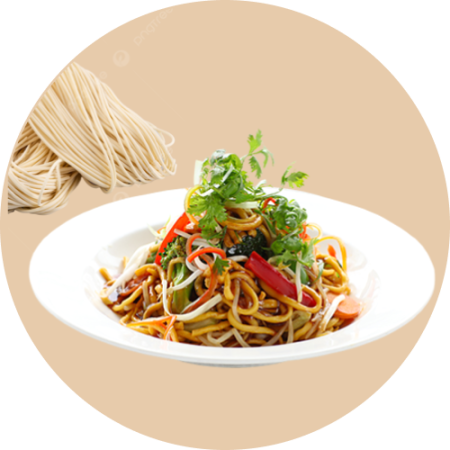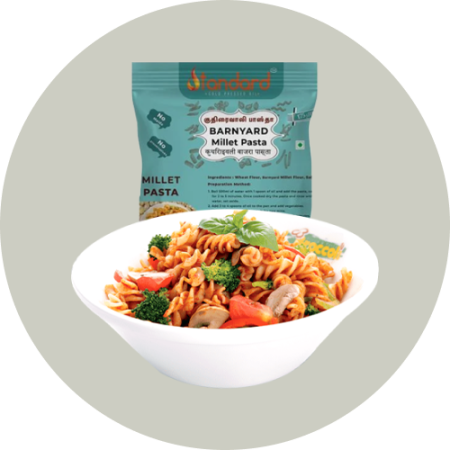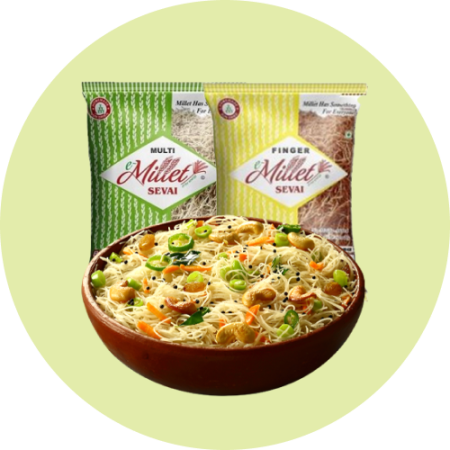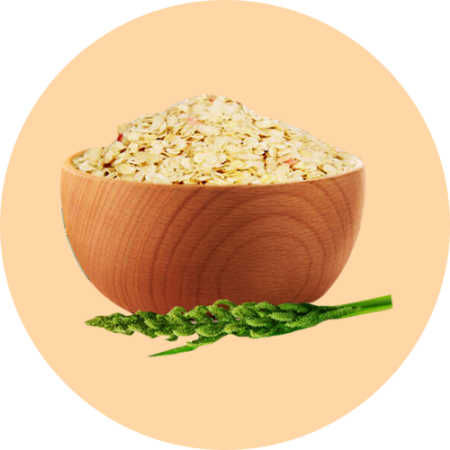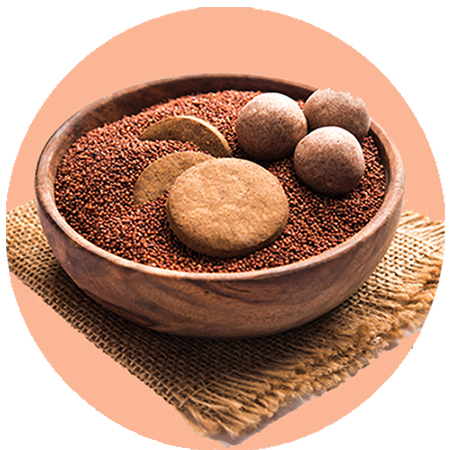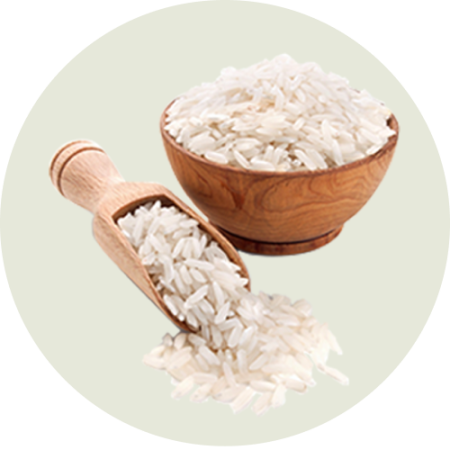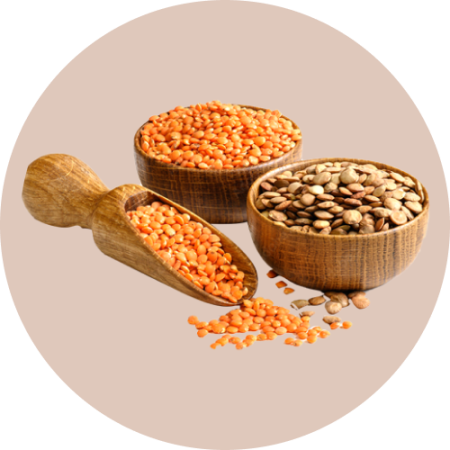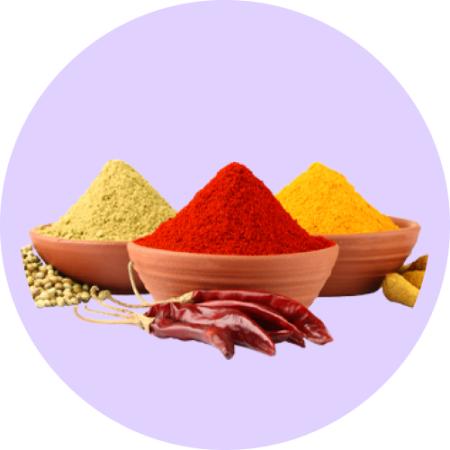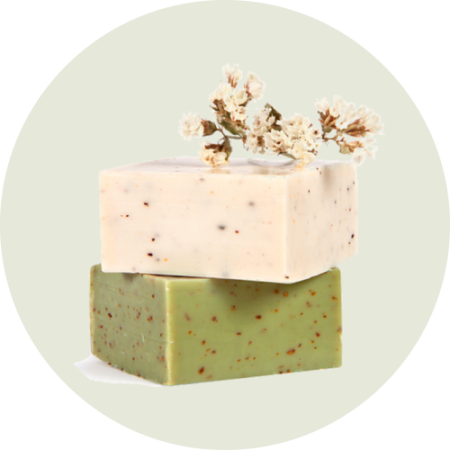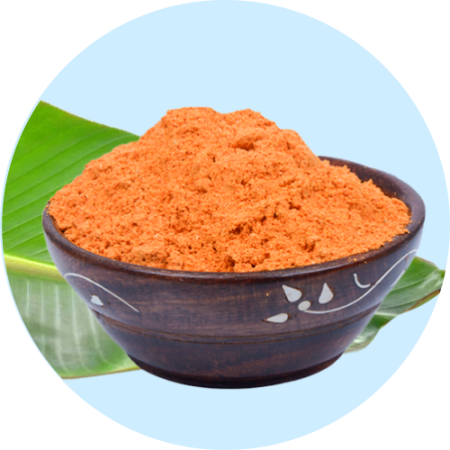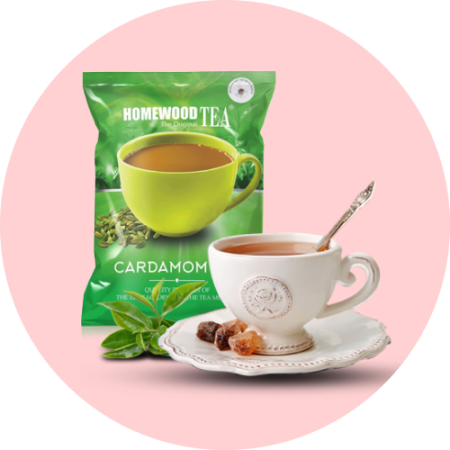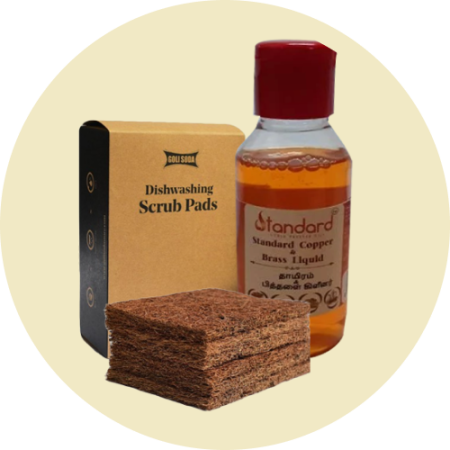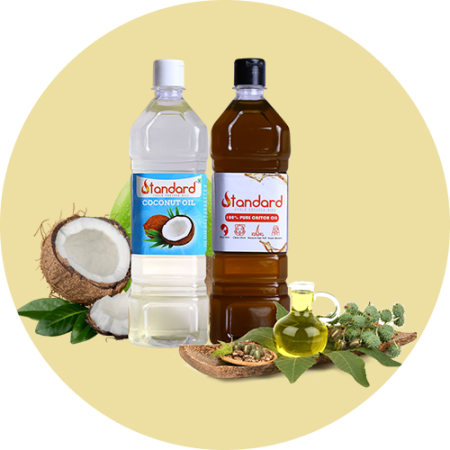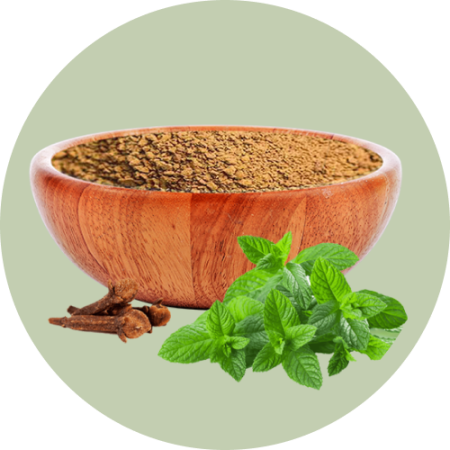Kollu (Horse Gram)
Horse gram, scientifically known as Macrotyloma uniflorum, is a type of legume that belongs to the Fabaceae family. It is commonly cultivated in certain parts of India, Southeast Asia, and Africa. The seeds of horse gram are small, oval-shaped, and reddish-brown in color.
Horse gram is known for its nutritional value and health benefits. It is a rich source of protein, dietary fiber, and essential nutrients like iron, calcium, and phosphorus. Due to its nutritional composition, horse gram is considered a valuable food in vegetarian diets, especially in regions where access to other protein sources is limited.
In traditional medicine, horse gram has been used for various health purposes. It is believed to have properties that can aid in digestion, reduce cholesterol levels, and help manage conditions like diabetes and obesity. Additionally, horse gram is sometimes used as animal fodder due to its high nutritional content.
Culinary uses of horse gram include making soups, stews, and various traditional dishes. It can be cooked and incorporated into different recipes or even sprouted and used in salads. Overall, horse gram is a versatile and nutritious legume with several potential health benefits
Health benefits of kollu(Horse Gram)
- High Protein Content: kollu is an excellent source of plant-based protein, making it a valuable addition to vegetarian and vegan diets. Protein is essential for muscle growth, repair, and overall body function.
- Rich in Fiber: This legume is high in dietary fiber, which can aid in digestion and promote a healthy gut. Fiber helps regulate bowel movements, prevents constipation, and supports overall gastrointestinal health.
- Low Glycemic Index: kollu has a low glycemic index, meaning it causes a slower and steadier rise in blood sugar levels after consumption. This property can be beneficial for people with diabetes or those seeking to manage blood sugar levels.
- Weight Management: Due to its high fiber content and low glycemic index, horse gram can contribute to a feeling of fullness and satiety, which may help with weight management and weight loss efforts.
- Antioxidant Properties: Horse gram contains various antioxidants, such as phenolic compounds and flavonoids, which can help protect the body’s cells from oxidative stress and reduce the risk of chronic diseases.
- Iron and Calcium: It is a good source of iron and calcium, which are essential for maintaining healthy blood cells and bone health, respectively.
- Anti-inflammatory Effects: Some studies suggest that horse gram may possess anti-inflammatory properties that could be beneficial for conditions related to inflammation.
- Diuretic Properties: Horse gram is considered a natural diuretic, which means it may help increase urine output and be beneficial for people with certain kidney and urinary conditions.
- Respiratory Health: In Ayurvedic medicine, horse gram is used to alleviate respiratory issues, such as bronchitis and asthma.






